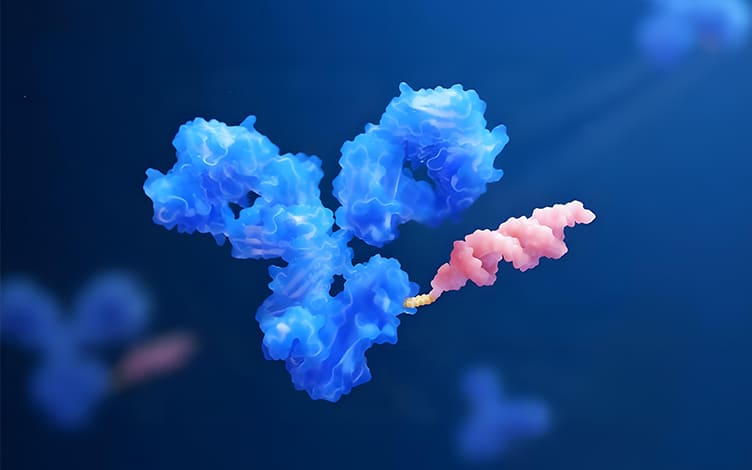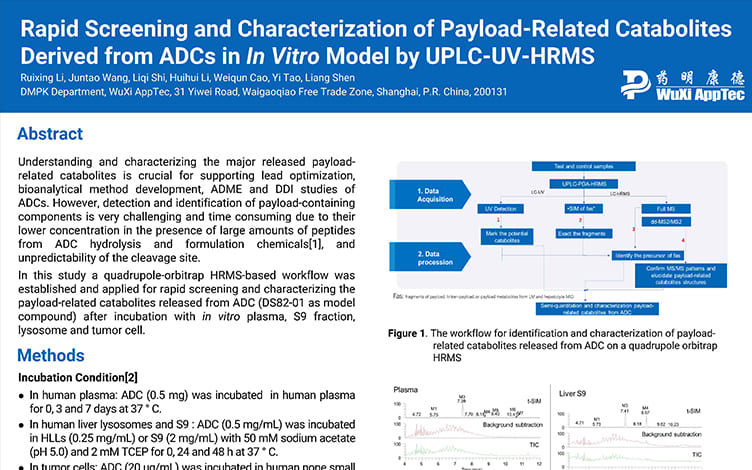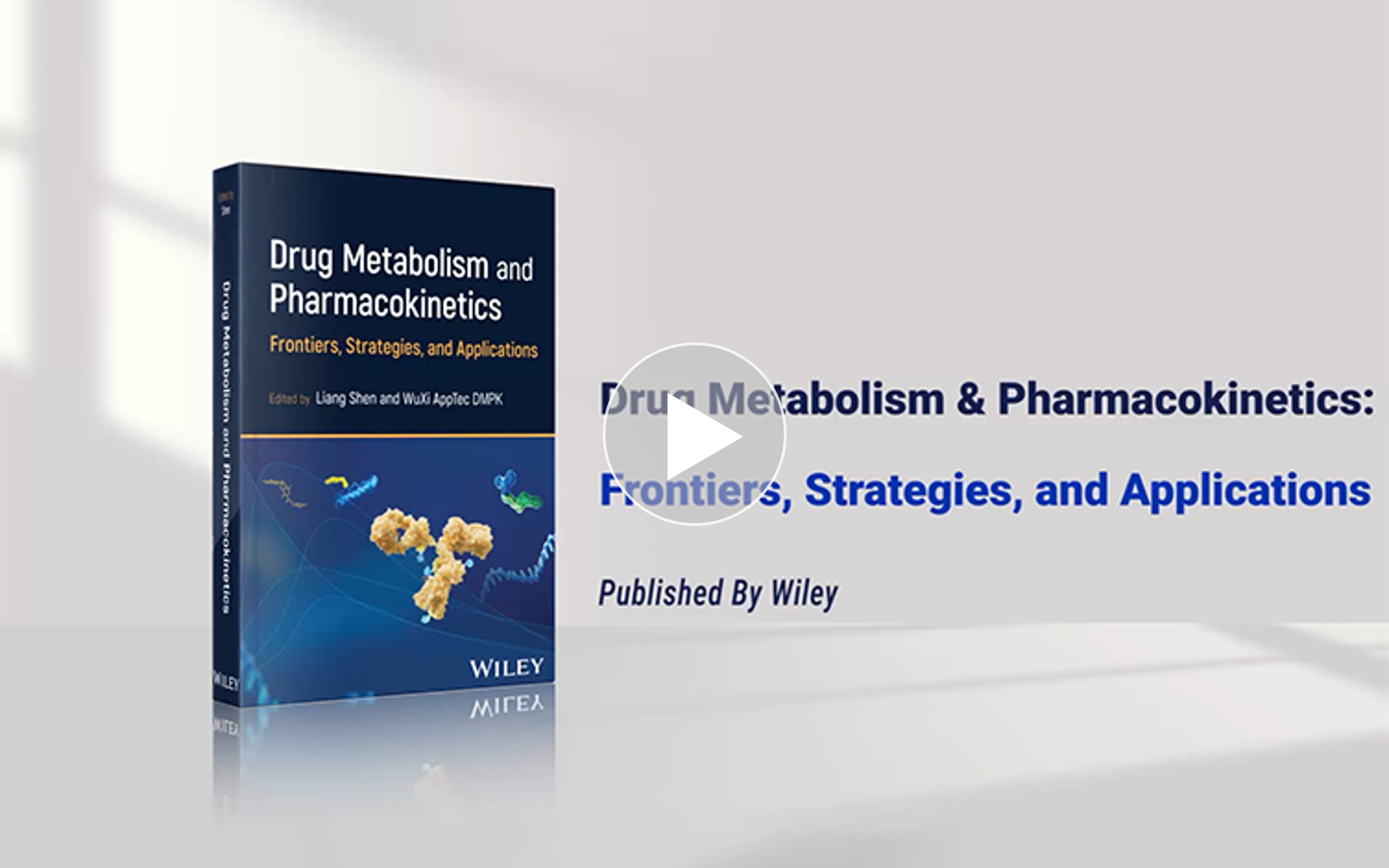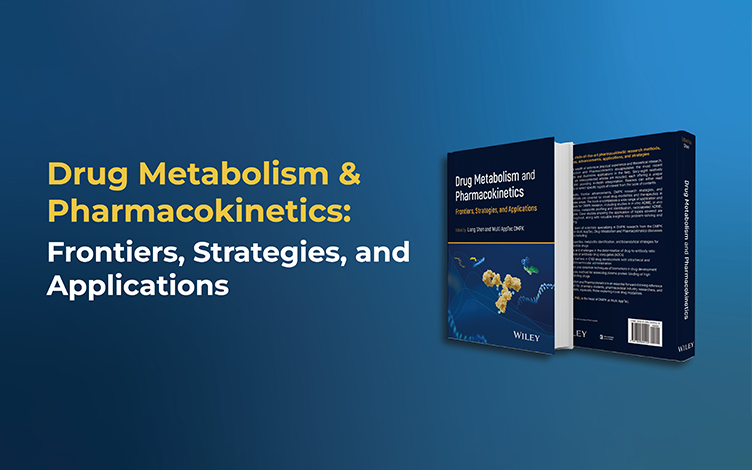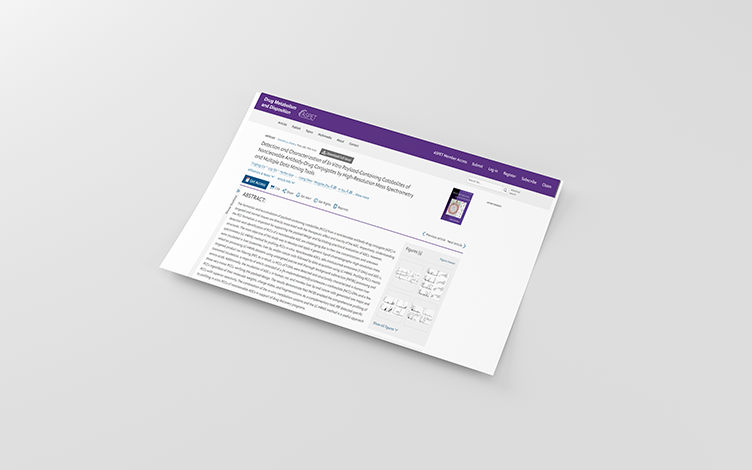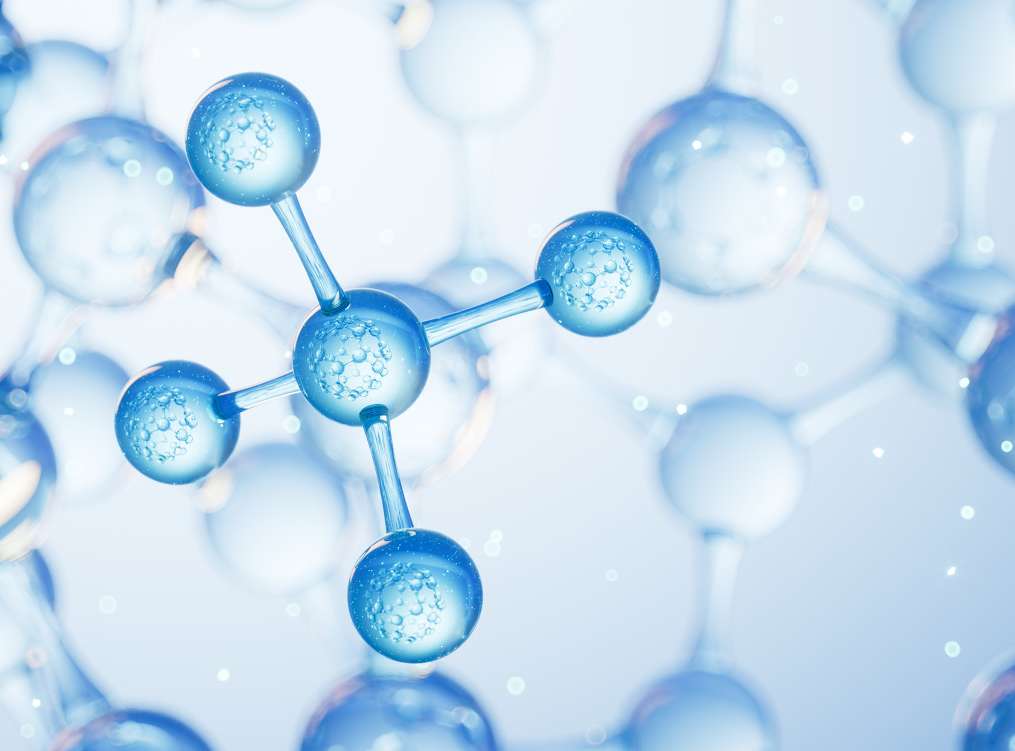-
Overview
-
Services
-
Featured Strengths
-
Instruments and software
-
FAQs
-
Related Resources
-
Related Services
Overview
We provide comprehensive MetID services, including preclinical in vitro and in vivo MetID, clinical human MetID (FIH, SAD, and MAD) and metabolites in safety testing (MIST) study, metabolite biosynthesis, and structural characterization. The services cover from the lead compound optimization in drug discovery stage to the clinical trial stage, also including the radiolabeled ADME (absorption, distribution, metabolism, and excretion) study in animals and AME in humans.
Our scientific team offers customized services to solve complex problems in metabolism studies and ensure the timely delivery of high-quality reports to meet the requirements of the regulatory authorities (NMPA, FDA, EMA, etc.).
Learn More


Services
-


Learn More
In Vitro Metabolite Identification
Metabolic soft spot analysis and identification
Reactive metabolite trapping (glutathione, cysteine, methoxamine, etc.)
MetID in liver microsomes
MetID in hepatocytes
MetID in S9
MetID in tissue homogenates
MetID in in vitro plasma or blood
-


Learn More
In Vivo Metabolite Identification
MetID in animal samples (plasma/blood, urine, feces, bile, tissue, etc.)
MetID in human samples (plasma, urine, feces, etc.)
MIST (metabolite in safety testing)
-


Learn More
Metabolites in Safety Testing (MIST)
MetID in toxicology animal plasma from multiple ascending doses in a steady state
MetID in human MAD (multiple ascending doses) plasma in steady state
Compare the exposure of the major metabolites (with relative abundance ≥10% from human) between human and animal
-


Learn More
Metabolite Biosynthesis and Structural Characterization
In vitro incubation biosynthesis of the target metabolites and their structural characterization
Animal in vivo biosynthesis of the target metabolites and their structural characterization
Featured Strengths
-


Efficiency
Thousands of metabolite identification projects/year
-


Expert Team
Experts with over 20 years of experience in medicinal chemistry review the elucidation of the metabolites’ structures
Well-known experts on drug metabolism participate in study design and data interpretation
-


Highly Equipped Instrument
High-resolution mass spectrometry provides high-accuracy data
-


Comprehensive and Flexible
Cover in vitro and in vivo MetID, including conventional and unconventional small molecules, as well as novel modalities, like Proteolysis-Targeting Chimeras (PROTACs*), Oligonucleotides, ADCs, PDCs, Peptides, etc., both non-radioactive and radioactive metabolite profiling and identification services, without method transferring and metabolite matching, and reducing additional time costs. It also has a flexible special experimental design.
-


Excellence
Integrated quality control system in place to monitor the quality of studies from the beginning of the experiment to the final report delivery
-


Resource Collaboration
Possessing capabilities in radioisotope compound synthesis, metabolism experiments, analysis, and metabolite identification simultaneously, provides integrated services and rapidly promotes the progress of radiolabeled projects.
Instruments and software
-
-

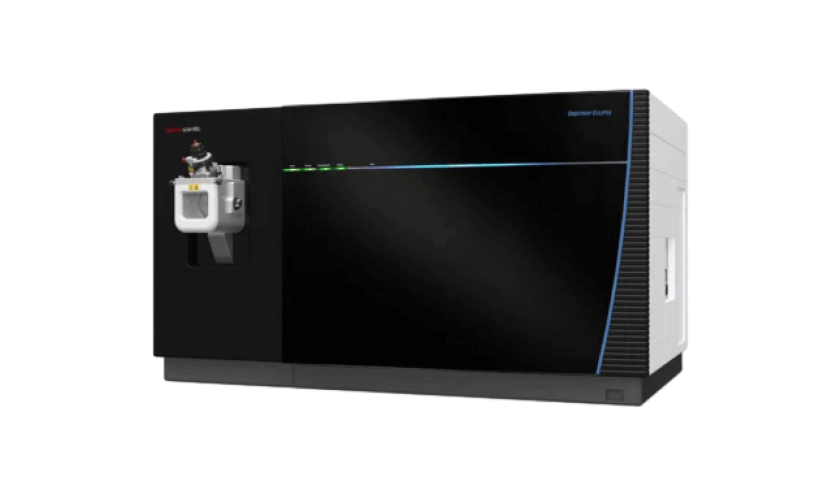
Thermo Orbitrap Eclipse™ Tribrid™
-

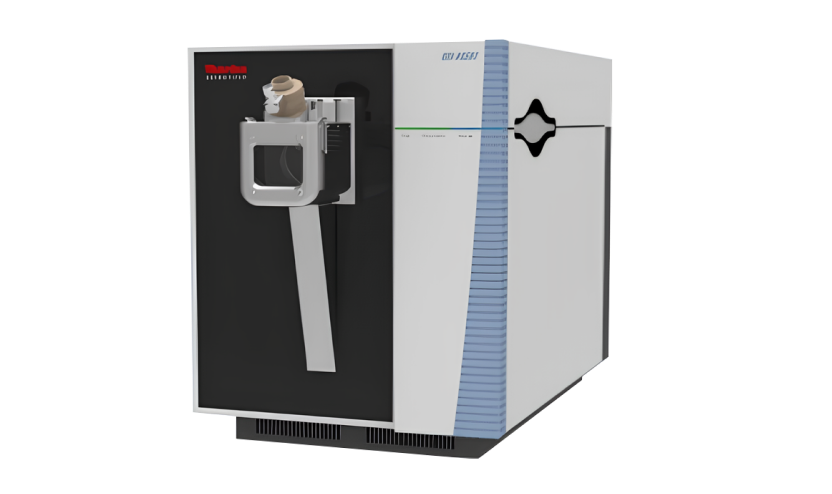
Thermo Orbitrap Exploris™ 480
-


Thermo Q-Exactive™ HF
-

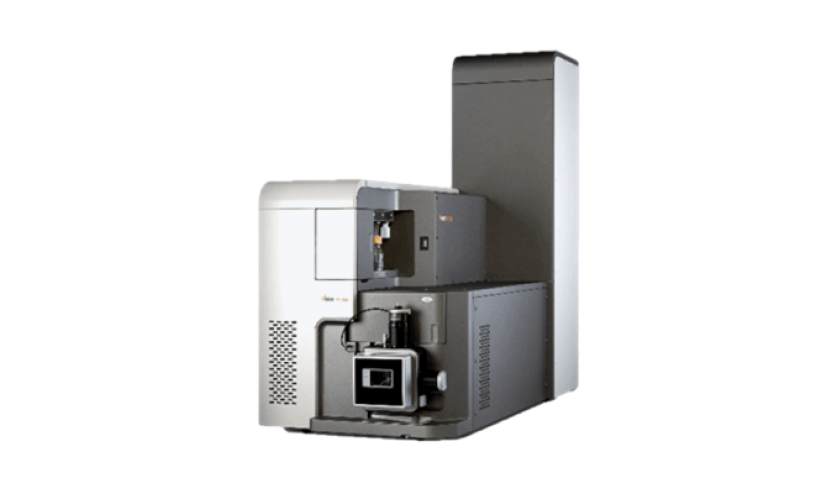
Waters VION™ IMS QTof
-


Thermo Q-Exactive™
-


Thermo Q-Exactive™ Plus
-

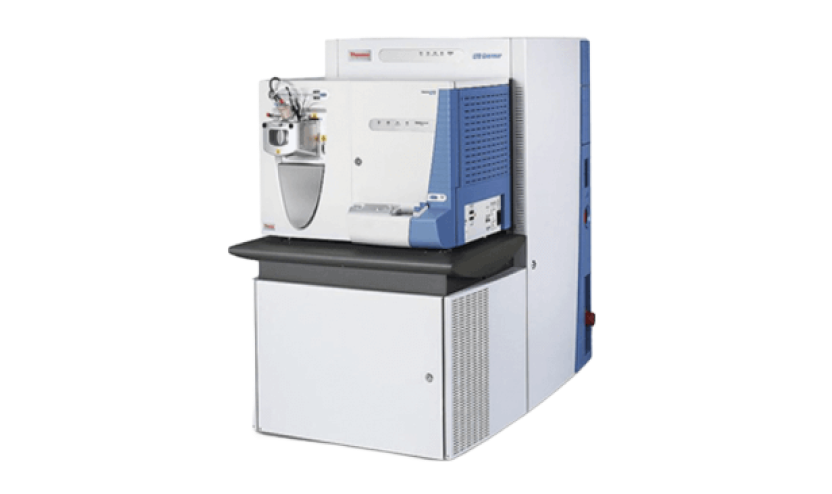
Therno LTQ Orbitrap XL
-


Waters Xevo®G2 QTof
-

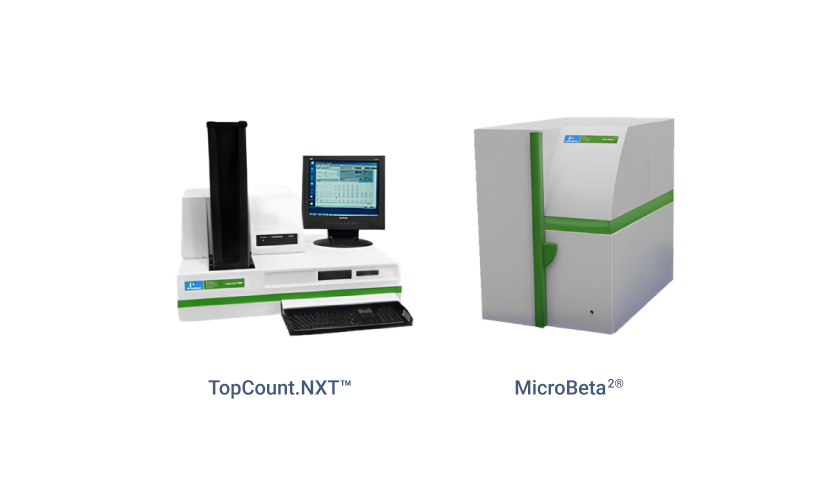
Solid scintillation counter: off-line detection of radioactivity
-

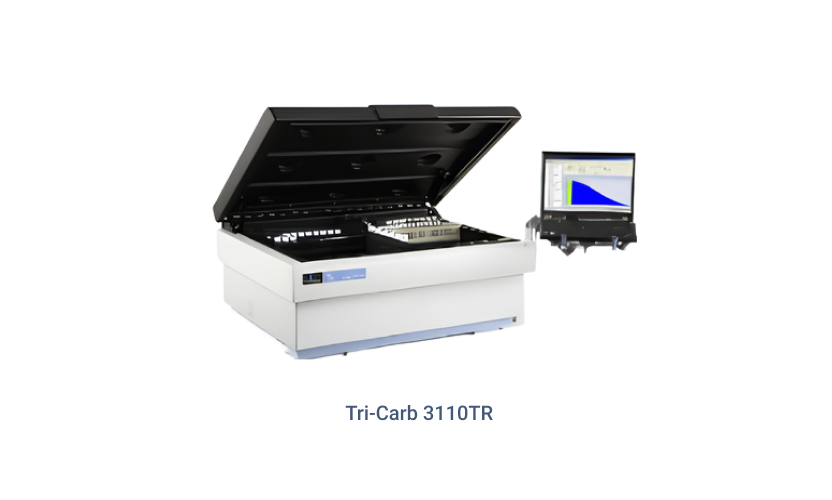
Liquid scintillation counter: total radioactivity detection
-

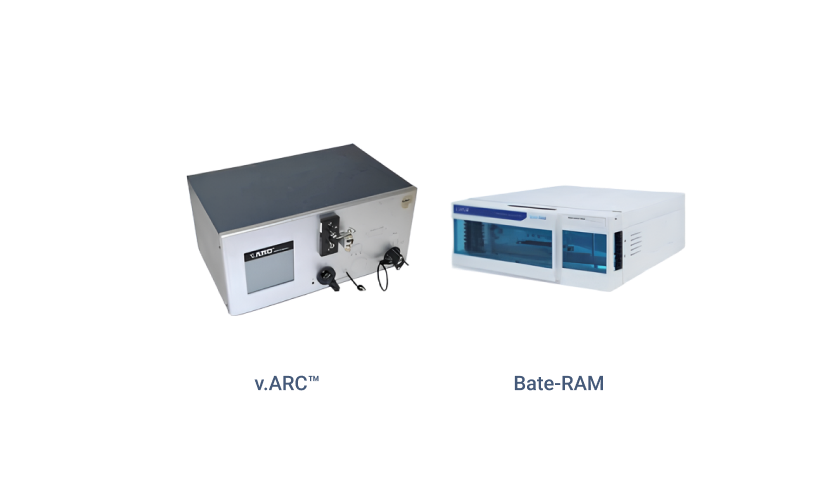
On-line detection of radioactivity
-
-
-


Thermo Scientific™ Compound Discoverer™
-


Thermo Scientific™ Mass Frontier™
-


Thermo Scientific™ Metworks™
-


Waters MetaboLynxTM
-


Mass Analytical Mass-MetaSite
-


Waters UNIFI®
-


Thermo Scientific™ Biopharma Finder™
-
FAQs
-
What is the metabolite profiling and identification?
The metabolite profiling and identification is the process of analyzing and characterizing the metabolites present in a biological sample, also known as the qualitative and semi-quantitative study of the biotransformation of a compound in in vitro and in vivo (animals and human). The parent drug is transformed into the metabolites by the action of biological enzymes (metabolic enzymes). Understanding the transformation can be helpful in anticipating of safety concerns arising from disproportionate toxic metabolites, predicting drug-drug interactions, and understanding routes of elimination.
-
How does metabolite profiling and identification assist in preclinical studies of drugs?
The metabolite profiling and identification helps in understanding how the drugs are metabolized and eliminated from the body. It provides information on the metabolic pathways involved, the metabolites formed, and their relative abundance over time. This information is essential for optimizing drug dosing, predicting drug-drug interactions, and assessing the potential toxicity.
Understanding characteristics and structural assignments of the metabolites in different preclinical species (cross-species comparison) can help identify human-specific metabolites or those found at disproportionately high levels in humans in comparison to toxicity models. Comparing the in vitro and in vivo metabolism data of animals can determine if there is a good in vitro-in vivo correlation of metabolism, which can further ensure the reliability of using in vitro metabolism to predict in vivo metabolism in humans.
-
How to do the metabolite profiling and identification (MetID)?
MetID of both in vitro and in vivo metabolic samples was performed by using ultra-high performance liquid chromatography (UPLC) -ultraviolet detector (PDA) -high-resolution mass spectrometry (Q-TOF/Orbitrap) tandem technology. Combined with the nuclear magnetic resonance spectroscopy (NMR) technique, the accurate structure of the metabolite was identified. If working with the radiolabeled compound, the LC-UV-HRMS with radioactivity detector can be used to detect and identify the metabolites.
-
How soon can I expect to receive my metabolite identification results?
The timeline for receiving metabolite identification results depends on the complexity of the test compounds and the type of the assays. For regular small molecule compounds, the study can be completed in several days to two weeks during the early screening stage and generally takes four weeks for IND (Investigational New Drug) filing. For new modalities or special compounds, the process extends to approximately four to six weeks. It would be great to contact your study director if you have any questions about the availability of the study results.
Related Resources




-


A Review on ADC Linkers: Cleavable and Non-Cleavable Linker Design and Stability Evaluation
ArticlesJan 30, 2026Learn More -


Software-aided Detection and Structural Characterization of Cyclic Peptide Metabolites in Biological Matrix by High-resolution Mass Spectrometry
PublicationsJan 09, 2026Learn More -


Practical Derivatization Approaches for LC‑HRMS Metabolite Profiling
ArticlesDec 30, 2025Learn More -


High-Resolution Mass Spectrometry-Based Data Acquisition and Data-Mining Technologies for Detecting and Characterizing Drug Metabolites and Traditional Chinese Medicine Components
PublicationsDec 11, 2025Learn More -


What Are Antibody–Oligonucleotide Conjugates (AOCs) and Their Structural Characteristics
ArticlesNov 28, 2025Learn More -


Overcoming Challenges in Oligonucleotide Metabolism with Innovative Solutions -WuXi AppTec DMPK TechTalk
VideosNov 07, 2025Learn More -


Rapid Screening and Characterization of Payload-Related Catabolites Derived from ADCs in In Vitro Models by UPLC-UV-HRMS
PostersOct 22, 2025Learn More -


Optimisation of an In Vitro Plated Monkey Hepatocyte Model and Comparative Metabolite Profiling of a GalNAc-Conjugated siRNA, siRNA01, in Monkey Liver Homogenate and Hepatocytes
PostersSep 26, 2025Learn More -


Probing Drug and Metabolite-Covalent Binding with a Non-Radiolabeled Workflow: Osimertinib as an Example
PostersAug 15, 2025Learn More -


Precision Metabolite Identification & Biotransformation for Drug R&D-WuXi AppTec DMPK
VideosJul 24, 2025Learn More -


New Book Release: Drug Metabolism and Pharmacokinetics: Frontiers, Strategies, and Applications | WuXi AppTec DMPK
VideosJul 17, 2025Learn More -


Decoding DMPK Frontiers for Novel Therapeutics: WuXi AppTec DMPK’s New Book Release
BlogsJul 10, 2025Learn More -


Drug Metabolism and Pharmacokinetics: Frontiers, Strategies, and Applications
PublicationsJun 13, 2025Learn More -


Unlocking Reliable In Vitro Metabolic Models for Oligonucleotide Therapeutics with the Latest Publication on DMD
BlogsMay 28, 2025Learn More -


High-Performance, Professional, Innovative: WuXi AppTec DMPK Accelerates Breakthroughs
VideosMay 22, 2025Learn More -


Comparative Metabolism of a GalNAc-Conjugated siRNA, Inclisiran, Among Various In Vitro Systems and Correlations with In Vivo Metabolism in Rats
PublicationsMay 08, 2025Learn More -


Detection and Characterization of In Vitro Payload-Containing Catabolites of Noncleavable Antibody-Drug Conjugates by High-Resolution Mass Spectrometry and Multiple Data Mining Tools
PublicationsApr 28, 2025Learn More -


Covalent Drugs DMPK Services
BrochuresApr 10, 2025Learn More -


Unlocking Precision in Peptide Metabolite Identification for Next-Gen Drug Development
ArticlesMar 19, 2025Learn More -


Insights into Chiral Drug Metabolism and Inversion
ArticlesFeb 13, 2025Learn More -


Methodologies and Strategies for ADC Biotransformation Studies
WebinarsJan 15, 2025Learn More -


WuXi AppTec DMPK: Your Trustworthy Partner
VideosDec 27, 2024Learn More -


Metabolite Identification in Peptide Drugs and Its Challenges
ArticlesDec 02, 2024Learn More -


Comparative Metabolite Profiling and Identification of a GalNAc-Conjugated siRNA, siRNA01, in Plasma Prepared with Various Anticoagulants, Serum, and In Vivo Plasma Using LC-UV-HRMS
PostersOct 25, 2024Learn More -


Overcoming Challenges in Precise Structural Identification of Target Metabolites
WebinarsOct 12, 2024Learn More -


Involvement of Aldehyde Oxidase (AOXs) in Drug Metabolism: Early Prediction and Coping Strategies
ArticlesSep 26, 2024Learn More -


Prodrug Approaches for Improved DMPK Characteristics and Their Preclinical Study Considerations
ArticlesAug 29, 2024Learn More -


An Analytical Workflow for Polymer Metabolism: PEGylated Lipids Biotransformation with LC-HRMS
PostersJun 27, 2024Learn More -


Development of a Convenient In Vitro Method for Predicting Metabolism and Disposition of Acrylamide Covalent Drugs in Humans
PostersMar 21, 2024Learn More -


Effect of pH on Metabolite Profiling and Identification of GalNAc Conjugated siRNA in In Vitro Metabolic System
PostersJan 23, 2024Learn More -


Metabolite Profiling and Identification of Oligonucleotide in In Vitro Metabolic System
PostersOct 30, 2023Learn More -


DAR Distribution Determination for Antibody-drug-conjugates (ADCs) by LC-HRMS in In Vitro and In Vivo Studies
PostersOct 27, 2023Learn More -


Drug Metabolism and Pharmacokinetics (DMPK) Service
BrochuresOct 27, 2023Learn More -


One-stop Metabolite Biosynthesis and Structural Characterization
BrochuresOct 27, 2023Learn More -


Overcoming the Challenges of Metabolite Identification and Profiling for Developing Oligonucleotides
BlogsOct 20, 2023Learn More -


Metabolite Profiling & Identification (MetID) Services
BrochuresOct 19, 2023Learn More -


Oligonucleotide Drugs: Strategies for Metabolism and Metabolite Profiling and Identification
ArticlesSep 13, 2023Learn More -


In Vitro-In Vivo Metabolite Profiling and Identification of Oligonucleotide
PostersAug 30, 2023Learn More -


A New Method to Improve Identification of the Payload-Containing Catabolites of ADCs
BlogsAug 10, 2023Learn More -


How to Address the Challenges of PROTAC Metabolism
BlogsJul 13, 2023Learn More -


How MetID Studies can Improve Safety and Efficacy in PROTAC Drugs
ArticlesJul 07, 2023Learn More
Stay Connected
Keep up with the latest news and insights.










